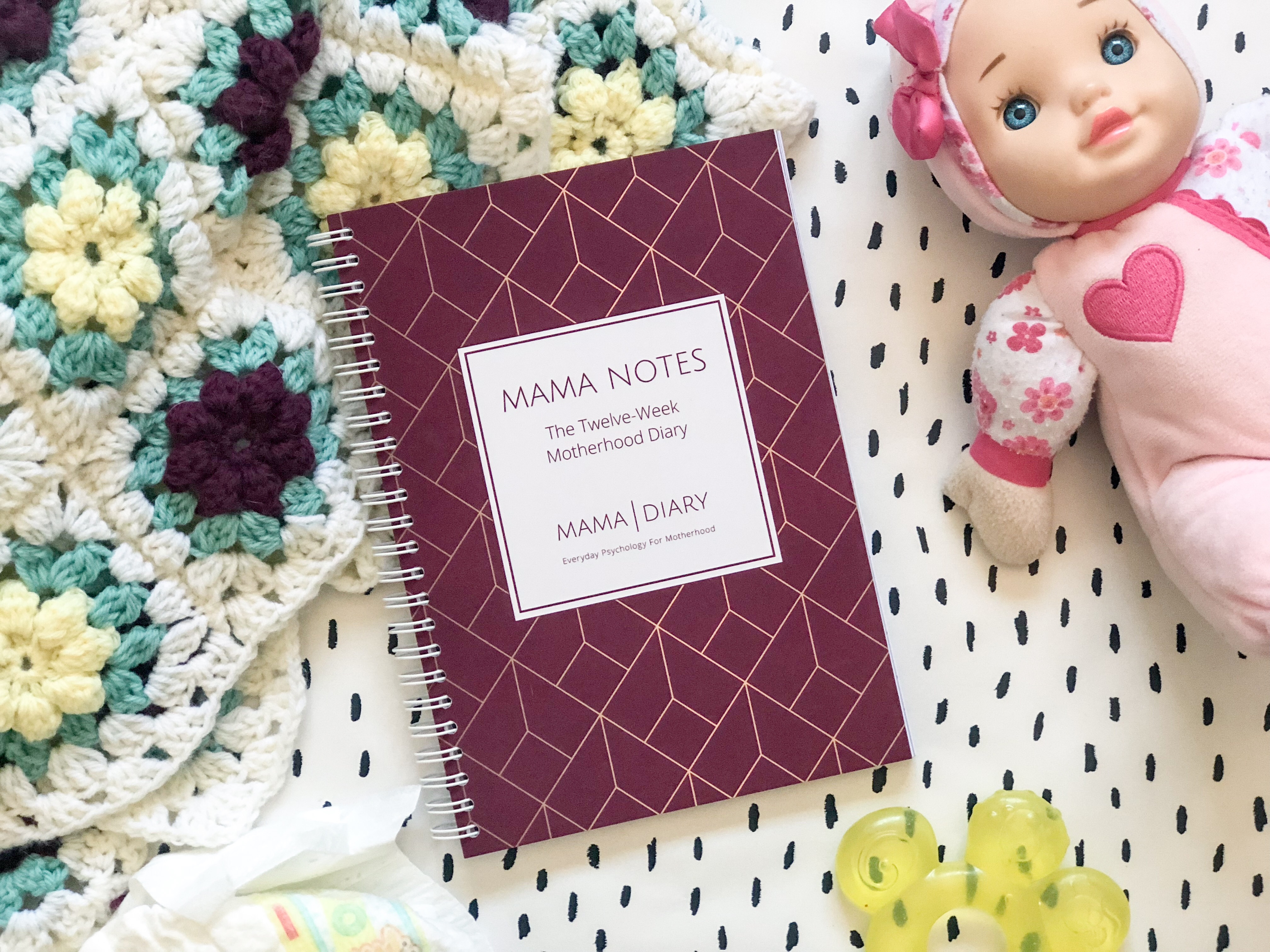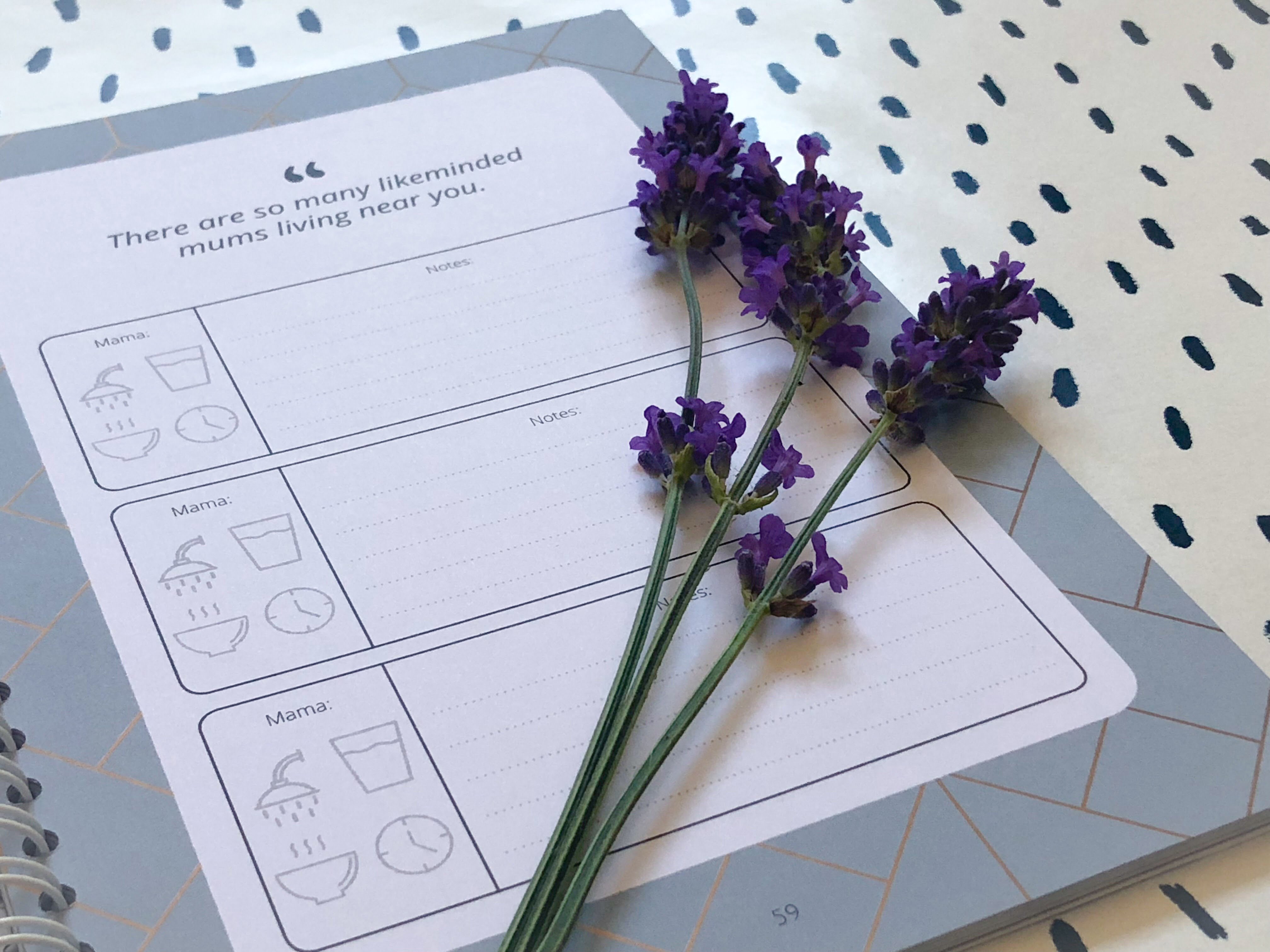When pregnant, we are often bombarded with advice on everything from the most flattering maternity wear to the best nappies, but how often do we talk about mental health as a pregnant mum? It’s estimated that between one in ten and one in five women experience a mental health problem during pregnancy or after the baby is born, and it’s common to feel low, anxious or overwhelmed. Here are some steps you can take during pregnancy to help improve your emotional wellbeing now, and prepare for the impact of the baby’s arrival.
Pregnancy problems
Physical problems during pregnancy can impact on your mental health. If you are unable to perform your normal tasks for a while, due to sickness, pain or fatigue, this may impact on your sense of identity and self-esteem. It may be helpful to try to identify the thoughts you are having e.g. ‘I’m not doing a good job’ or ‘I’m useless.’ Challenge these thoughts by telling yourself that you are doing a very important job indeed, and that you and your baby are the main priority right now, everything else can wait. If this is difficult, consider what you would say to a friend if she were having similar thoughts about herself; it’s often easier to kindly reassure a friend than it is to be kind and compassionate to ourselves.
Start finding your tribe
Think about the kind of support you will need with a new baby around. Are there family members or close friends nearby who are willing and able to support you? Perhaps you could start talking to them about the kind of support you would find helpful, be it practical or emotional. It may well be that your friendships will change over time and that you will meet new people over the course of pregnancy and new motherhood. Sometimes women will meet lifelong friends at antenatal classes or baby groups. After all, these are the people who will be awake and messaging you at 2am during night feeds!
Preparing for labour
An understandable contributing factor to anxiety during pregnancy is anticipation of the birth, whether it’s your first time or not. It’s a great idea to attend antenatal classes; ask your midwife what is available in your area. Choose your birth partner carefully. They should ideally be someone you are comfortable with and you can easily talk to about the fears you have. Many women of course choose their own partner but you (and they) may be more comfortable if you choose someone else like a close family member, a friend, or a professional doula.
Hearing other women’s difficult birth stories can, understandably, raise your anxiety. It’s better to discuss your worries and any potential complications with your midwife, and if anyone is offering to tell you about their traumatic birth, say firmly but politely ‘I would rather not hear about it right now, thank you’. Avoid dramatized birth stories on television if you can; remember these are usually chosen as they make ‘good television’ rather than being an accurate reflection of birth. There are plenty of positive birth stories out there and, if you find it helpful, you can watch videos of positive births on YouTube. Tommy’s have more information on preparing for labour here.
Your relationship with your baby
Whether you choose to find out the sex of your baby or not, you could try starting to talk to the baby, using the names if you have chosen them, before they are born. You could try talking to them about the things you are preparing for their arrival, and who the important people in their lives will be.
Think back to your own childhood and consider the stories and experiences that were special to you. You could choose books, toys and pictures that you remember fondly to help you connect to that sense of family with your own baby. You don’t need to buy everything new; perhaps your parents have kept items from your childhood, or you can find good quality pre-owned clothes and toys – as long as it’s clean and safe, your baby won’t know the difference.
Improving communication
A baby changes the dynamics of your family, whether you have older children or they are your first. Your priorities, daily activities and needs change, and in the context of sleep deprivation and recovery from birth, this can lead to frayed tempers. Try talking to your partner about this before the baby arrives. How do each of you cope with stress? What do each of you find helpful when you are upset or frustrated? Are there ways of letting each other know that you need a bit more support, or a bit of space, or to be held? Talking about this in advance can help you both understand how to better support each other without needing to work this out when the baby has arrived and you are sleep deprived.
Be your future friend
During the first few weeks and months after having a baby, you are likely to get a lot less sleep than you are used to. This can have a huge impact on your mood, as feeling tired can contribute to feeling low and irritable. Think about ways you can streamline your daily essentials to save yourself as much effort and energy as possible once the baby has arrived. Could you batch cook some easy meals in advance and freeze them, or pre-order a few weekly supermarket deliveries online? Even simple things like dividing up household tasks and setting out clothes you’ll need for yourself and the baby in easily accessible order can make a difference to a sleep-deprived mind! You may not be able to drive for a little while after the birth, so think about alternative means of transport now e.g. having local taxi numbers to hand, think about which people may be able to offer a lift, and look at the bus routes to the places you’ll need to visit.




